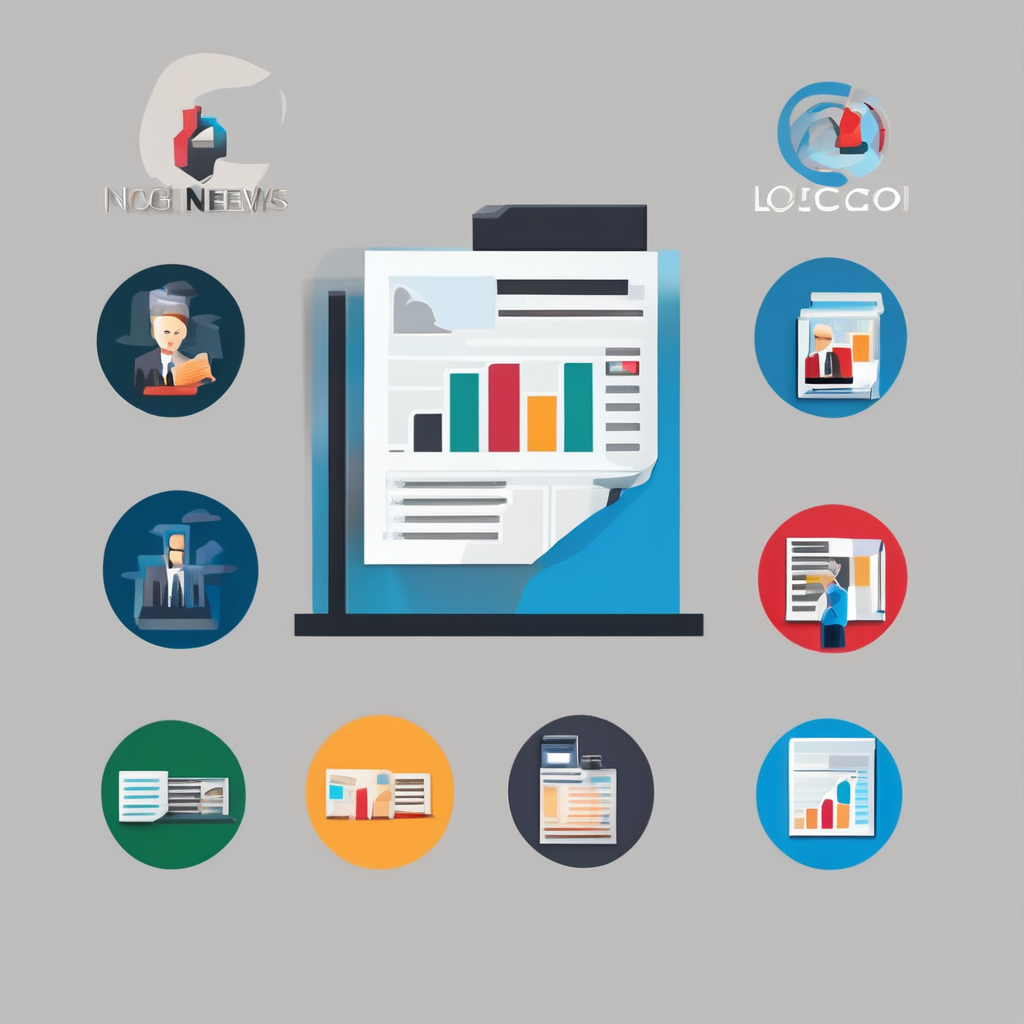The Role of Technological Advancements in the UK Economy
Technology has become a key driver of UK economic growth, with digital transformation shaping sectors across the board. The UK tech sector notably contributes a significant share of GDP through innovations in AI, automation, and digitalization. For example, automation improves production efficiency in manufacturing, while AI-driven analytics enhance decision-making in finance and healthcare.
Recent data shows that technology sectors have outpaced traditional industries in productivity gains, boosting the broader economy. This reflects the UK’s commitment to integrating advanced technologies, allowing it to maintain strong economic momentum. Many leading UK companies are leveraging cloud computing, machine learning, and robotics to streamline operations and create new business models.
Topic to read : How Will Artificial Intelligence Transform UK Technology Sector Jobs?
These advancements not only foster growth but also improve UK competitiveness on a global scale. Embracing ongoing digital transformation ensures industries remain agile and can capitalize on emerging tech trends, further solidifying the UK’s pivotal role in the evolving global economy. Continued investment and innovation in technology are essential for sustaining this upward trajectory.
Overview of Technology’s Role in the UK’s Economic Growth
Technology’s impact UK economy is profound, closely linked to key economic indicators such as productivity, investment, and employment. Digital transformation UK acts as a catalyst, driving structural changes that boost economic growth UK across multiple sectors simultaneously.
In parallel : How Does AI Influence the Future of UK’s Tech Industry?
Recent UK data reveals that technology enhances efficiencies in finance, manufacturing, and services, accelerating economic output. For instance, fintech innovations have modernized financial services, while automation has raised manufacturing output and reduced costs. These immediate effects contribute directly to GDP growth and enhance competitive positioning.
Beyond short-term gains, the long-term effects include sustained innovation cycles and expanded market opportunities. Digital transformation UK supports this by fostering ecosystems where businesses can scale rapidly and adapt to changing demands. Technology impact UK economy involves integrating AI, big data, and connectivity, which together drive continuous improvements in decision-making and operational effectiveness.
In summary, the interplay between technology and economic growth UK is reinforcing. This integration strengthens productivity and resilience, ensuring the UK can capitalize on emerging technologies while sustaining broad-based economic expansion.
Technological Advancements Driving Productivity and Innovation
Digital infrastructure UK forms the backbone of rising UK productivity technology levels. Upgraded networks and cloud computing enable faster, more reliable data flow, allowing businesses to operate at peak efficiency. Automation further amplifies productivity by streamlining repetitive tasks, reducing errors, and lowering operational costs across industries.
Research and development (R&D) investments foster innovation economic growth by creating new products and technologies. In the UK, sectors such as fintech, AI, and green tech demonstrate how R&D drives the emergence of new markets. For example, UK fintech firms use advanced algorithms to transform financial services, offering personalized solutions and increasing accessibility.
AI integration fuels innovation by enabling data-driven insights, predictive analytics, and process optimizations. Meanwhile, green technology initiatives contribute to sustainable economic growth, supported by R&D that advances energy efficiency and cleaner production methods.
Together, these elements of digital infrastructure UK and focused innovation have immediate effects like cost reduction and efficiency boosts. Long-term benefits include new industry creation and increased global competitiveness, securing the UK’s role in cutting-edge technology markets.
Sector-Specific Impacts of Technology on the UK Economy
Technology drives sector transformation UK by reshaping industries like fintech, AI, and advanced manufacturing. Fintech UK leverages technologies such as blockchain and AI to enhance payment systems, lending processes, and customer experiences. These innovations increase efficiency and expand access to financial services, directly contributing to the broader economic growth UK.
In healthcare and industry, AI UK economy applications improve diagnostics, treatment personalization, and predictive maintenance. AI integration reduces costs while raising service quality, fostering sustainable economic expansion. For example, AI-powered tools in healthcare accelerate patient care decisions, while industrial AI optimizes supply chains and production lines.
Advanced manufacturing UK benefits from automation and robotics, increasing precision and throughput. This transformation lowers operational costs and boosts product quality, enhancing competitiveness globally. Such sector-specific technology impact UK economy accelerates innovation cycles and stimulates job creation in high-skill areas.
Overall, the interplay of fintech, AI, and advanced manufacturing illustrates how digital transformation UK catalyzes productivity gains and diversification, underpinning sustained UK economic resilience and growth.






